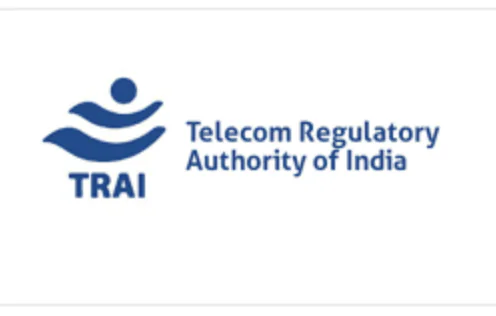A Guide to Effective Asset Monetisation in Telecom PSUs
Here is an overview of the asset monetization strategy for telecom PSUs like BSNL and MTNL in India in 2025: Asset Monetization for Telecom PSUs (BSNL, MTNL)
Here is an overview of the asset monetization strategy for telecom PSUs like BSNL and MTNL in India in 2025: Asset Monetization for Telecom PSUs (BSNL, MTNL)
Debt restructuring mechanisms for Indian state-owned enterprises (SOEs), including telecom PSUs like BSNL and MTNL, incorporate a mix of regulatory frameworks, financial restructuring plans, and government-backed relief schemes as of 2025. Key points are: Debt Restructuring Mechanisms for State Firms Summary Debt restructuring for Indian state-owned telecom firms is a multifaceted process involving legal restructuring…

Here is a detailed overview of restructuring options for state-owned telecom operators in India, primarily focusing on BSNL and MTNL as of 2025: State-Owned Telecom Operator Restructuring Options Summary The Indian government’s multi-pronged restructuring strategy for state-owned telecom operators revolves around heavy capital infusion, debt restructuring, operational consolidation (notably MTNL-BSNL merger), governance reforms, and regulatory…

The telecom bond market in India has shown sensitivity to regulatory and legal developments, including Supreme Court rulings that heavily impact the sector’s financial health and prospects. Telecom Bond Yield Reaction Highlights: Summary Overall, telecom sector bond yields react adversely to Supreme Court rulings and regulatory decisions that heighten financial stress. While broader bond markets…

The market reaction to Supreme Court rulings on telecom issues has been sharp and significant, especially in the case of Vodafone Idea and other major players like Bharti Airtel. Key Market Reactions: Summary The Supreme Court rulings on telecom dues have triggered immediate negative price reactions, sustained volatility, and increased risk premiums in the market…

Supreme Court rulings have had a profound impact on telecom stock volatility in India, especially related to the Adjusted Gross Revenue (AGR) dues dispute, which remains one of the most significant legal challenges faced by telecom operators like Vodafone Idea. Key Supreme Court Rulings and Their Impact on Telecom Volatility: Broader Market Reaction and Volatility…

1. What Are They? 2. Key Differences Feature Mutual Funds Direct Equity Management Professionally managed by experts Self-managed by the investor Diversification Automatically diversified across multiple stocks Depends on investor’s holdings; often less diversified Risk Level Generally lower due to diversification Higher due to company-specific risks Minimum Investment Often low (₹500 SIPs or lump sum)…

The market reaction to Supreme Court rulings on telecom issues has been sharp and significant, especially in the case of Vodafone Idea and other major players like Bharti Airtel. Key Market Reactions: Summary The Supreme Court rulings on telecom dues have triggered immediate negative price reactions, sustained volatility, and increased risk premiums in the market…